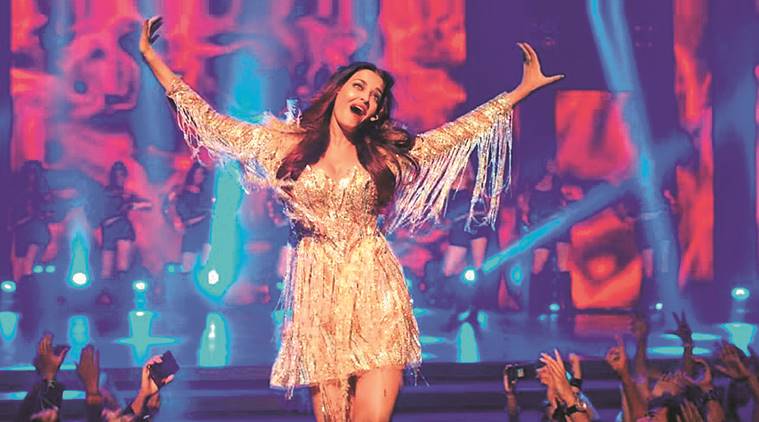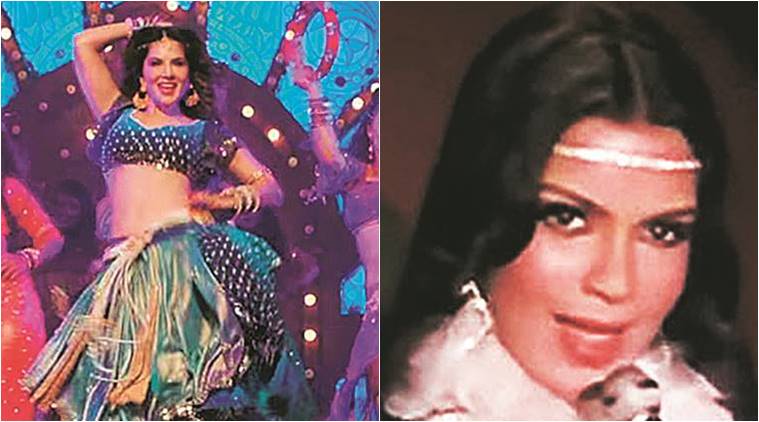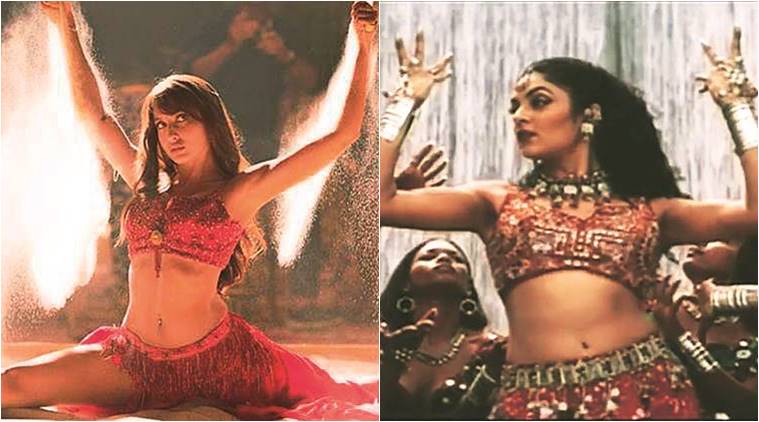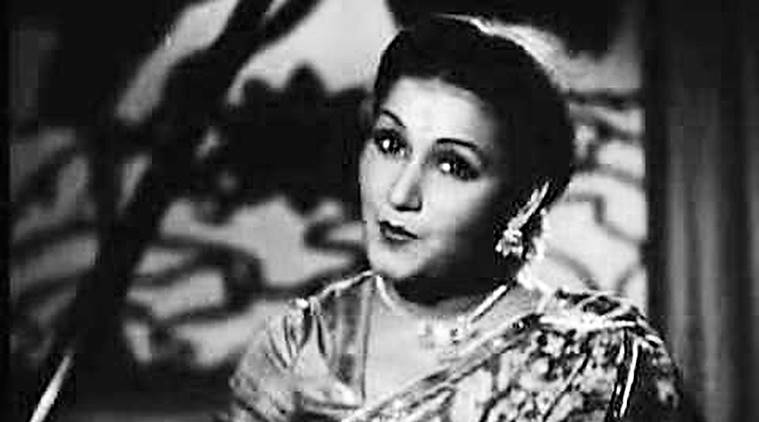 Mohabbat from Fanney Khan
Mohabbat from Fanney Khan
In the days leading up to the release of John Abraham and Manoj Bajpayee-starrer Satyameva Jayate, an action thriller about a serial killer who targets corrupt police officers, radio and television shows have been tripping on composer Tanishq Bagchi’s song, Dilbar, giving it much playtime. Sung by Neha Kakkar and replete with Middle Eastern sounds, the song is the remake of the Nadeem-Shravan earworm from Sirf Tum, which was sung by playback singer Alka Yagnik and had Sushmita Sen dancing to it in the ’90s, as bongos and synth formed the mainstay. In Satyameva Jayate,
Moroccan-Canadian model Nora Fatehi can be seen gyrating to the song that has made an intelligent use of the oud riffs. The video has garnered over 350 million views on YouTube.
Recreating old musical classics and popular songs is a trend that composers in Bollywood have been following for a few years but has now become a staple in most films. Most films come with a couple of rehashed songs, which tend to use a similar tune and catchlines, and sometimes rewritten paragraphs. In recent times there have been remakes of Nazia Hassan’s Laila main laila, AR Rahman’s Humma and Laxmikant Pyarelal’s Ek do teen, among others. “It is about the producers and directors who ask the composers to recreate a song or compose in a certain way. So music directors don’t have much say in the matter,” says Kakkar, who has also sung recreations of Anu Malik’s Oonchi hai building and Laxmikant-Pyarelal’s O meri mehbooba.
 Laila main laila from Raees; Nazia Hassan’s Laila main laila from the film Qurbani
Laila main laila from Raees; Nazia Hassan’s Laila main laila from the film Qurbani
The trend of remixing old songs began in the ’90s when classics such as Saiyaan dil mein aana re and Kaliyon ka chaman found instant popularity. The entire album of Jawani Deewani got remixed by a number of artistes. The song Keh doon tumhe from Deewaar sprung back into our minds when DJ Aqeel repackaged it while retaining the original voice of Kishore Kumar. This track was altered again in Baadshaho last year, but failed to make an impact.
So, what’s fuelling this remix trend? Is it because there is little melody in Bollywood today and it has to turn back to its musical past? Singer Sonu Nigam thinks it’s because this is an easy route to take. “The audience only listens to what is served to them. Therefore, the responsibility lies on the shoulders of the people who are either creating or recreating music. I am not the kind of person who judges any trend or who suggests that things should be done a certain way but by recreating old super hit songs, the makers today are choosing a shortcut,” says Nigam, who recently sang Mohammad Rafi’s song Badan pe sitare in Fanney Khan. “That was at a very special request from Anil Kapoor. There is a situation of genuine justification and the best part is that the original form of the song hasn’t been tampered with,” he adds.
Playback singer Sunidhi Chauhan, who has sung a version of Noor Jehan’s Jawaan hai mohabbat for Fanney Khan, says she would feel better if the audience was given original music, as rehashed pieces can never aspire to attain the kind of recognition that the original pieces received. “We are also discouraging new people who are working so hard to make original melodies. All the remixes sound the same unfortunately. So, I am okay with songs being recreated, but it should be in the right manner,” she says.
 Remix of Dilbar in Satyameva Jayate; Dilbar dilbar in Sirf Tum
Remix of Dilbar in Satyameva Jayate; Dilbar dilbar in Sirf Tum
Most songs that are being sung today start with the basic hook and the same mukhda but try changing the antara. “It is like there are two songs in one,” says singer Shibani Kashyap. “If you are going to retain just one line and the rest of it is new, then you just might have a good original song. Why do you mix it? Then it is neither here nor there,” adds Chauhan.
According to Kashyap, one of the reasons old songs are being recreated is because songs emerging these days are hardly memorable. Filmmakers, she says, are not aiming at longevity. “Old songs remain eternal. RD Burman songs are still played. So, I think somewhere today, there needs to be more focus on the melody than the noise. It’s all right to have these raps and daaru kind of songs. But you don’t carry those songs for years,”
says Kashyap.
Remixes may receive some criticism but it’s evident that they are here to stay. According to Raghu Dixit, leading man of The Raghu Dixit Project, these songs exist because there is an audience for them. “If they failed to impress or had not acquired a new audience, then they would not have continued to be made. So, I guess it’s part of the evolution in the soundscape of our times,” he says. Kakkar agrees. She says that even though people believe that remixes take away from the original songs, they still hear them. “There is a lot of negative audience on social media. They would comment on anything. But they are the ones who are also dancing on all these songs,” she says.
 Noor Jehan’s Jawaan hai mohabbat
Noor Jehan’s Jawaan hai mohabbat
Some original songs in films such as Raazi (Shankar Ehsaan Loy) and Secret Superstar (Amit Trivedi), in recent times, did make a mark among critics. “Probably, music is not being promoted. Also, there is too much to choose from. So maybe the producers want to break from the clutter and quickly nail it,” says Kashyap.
According to Chauhan, 99 per cent of the songs she has sung are original. She believes that composers need to keep trying and come up with better compositions. “We should encourage newcomers by having faith in them for making original music rather than follow what is already done,” she says. So will she croon a remix for personal or professional reasons? “Fifty per cent of the time we are being asked to sing remixes. Obviously, I will not refuse. But if they are asking for my happiness then I will be like, ‘I am okay, but I am not kicked about it’,” says Chauhan.